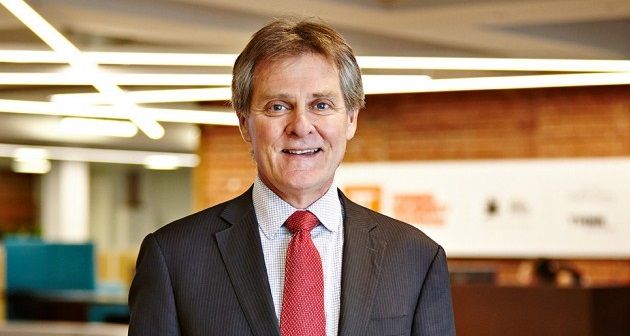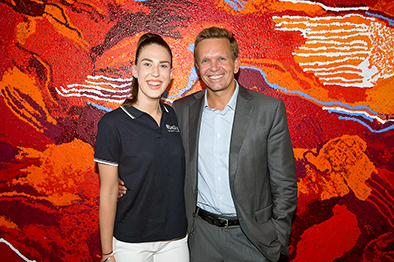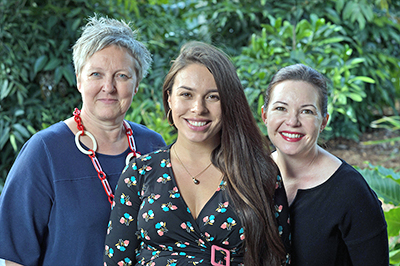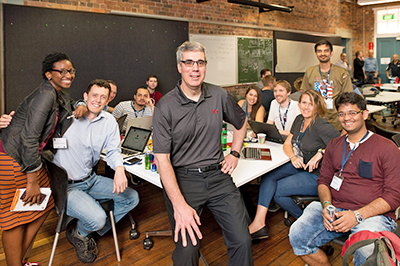News Corp and Xero produce podcast ‘help’ for SMEs
NEWS CORP Australia and cloud accounting software group Xero, have produced a six-part podcast series – unearthing and discussing the biggest pain points faced today by Australia’s 2.1 million small-to-medium businesses (SMEs) – to help them find pathways to success.
With the survival rates of small businesses reported as being just two in three, News Corp and Xero decided to partner together to improve these statistics.
This is the first time podcast content is being driven by the News Corp Australia umbrella brand, supported by all metro mastheads, The Australian, news.com.au and News Xtend.
Hosted by Lauren Moloney of News Corp’s SME digital marketing solutions division, News Xtend, the Mentor Next Door podcast series, addresses the key challenges in running a small business. 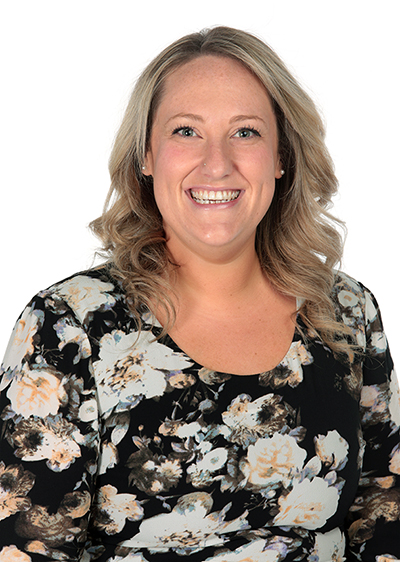
Ms Moloney said small businesses faced common challenges: struggling to find the time to work on, not in the business; managing cash flow; and how to attract and retain customers.
“We decided to partner with Xero to deliver content that would address key pressure points from experienced business owners,” Ms Moloney said.
“I’ve been working one-on-one with small business owners for years helping them build their brands and reach their goals with creative digital marketing solutions and I know how important it is for small businesses to continue learning and evolving.
“Together with Xero, we saw a gap in the market to provide valuable business tips by utilising mentor and mentee talent through the medium of podcasts.
“Now, with an incredible line-up of real, everyday people matched as mentors and mentees, audiences will hear invaluable insights and expertise, helping them overcome the most common pain points, whether it’s managing cash flow and attracting more customers, or getting on top of your business metrics,” Ms Moloney said.
“Mentor Next Door is designed to feel like a private mentoring session, listening to some of the industry’s top minds, sharing authentic stories and insights about how to overcome obstacles, avoid mistakes, and stay on the path to success.”
In her role at News Xtend, Ms Moloney is well known within the small business sector, having strong product, digital marketing and sales knowledge, and finding creative solutions to build brands and grow businesses.
“At News Corp, we are committed to providing an agile, innovative and market-leading product suite for SMEs to achieve their business goals through News Xtend digital marketing solutions.”
Small business director of Xero Australia, Penny Elmslie said, “Partnering with News Corp Australia is an incredible opportunity for us to facilitate conversation about small business pain points and success stories, so that small business owners can learn and continue to grow.
“We do more than just provide beautiful accounting software. We have built a platform that aims to connect, inspire, encourage and support the business community to overcome obstacles, solve problems, kick-start businesses, and reach their full potential. And for the mentors and mentees involved in the podcasts, it’s a great opportunity to gain wide exposure through the News Corp network.”
The News Corp Australia and Xero podcast series is an extension of a wider Xero marketing campaign, hoping to create a deeper level of engagement with small business owners.
The series includes six podcasts, supported by print and digital marketing, a content marketing campaign for News Corp and Xero’s small business customers, social media and public relations campaign.
Supporting the podcasts are stories written by News Corp’s network of small business experts.
“We have the audience reach and the access to business writers, and Xero have the tools to help small businesses succeed. It’s a great partnership,” Ms Moloney said.
The first podcast – ‘Growing your Pie’ – features mentor Taryn Williams, CEO and founder of theright.fit and WINK Models, sharing her recipes for success with mentee Brooke Rudzis of Sunday Minx.
Ms Williams talks about reaching new markets, growing your customer base, and keeping them happy so they’ll come back for more.
Episode two features mentor Alexandra Tselios, commentator, writer, keynote speaker, board director and founder and CEO of The Big Smoke discussing ‘Mitigating Financial Risk’ with mentee Courtney Sanders, co-founder of Well Made Clothes. Ms Tselios shares some of her early mistakes and provides practical advice on how to get on top of the accounts and finances, allowing more time to look at the bigger picture.
Other episodes in the subscription service focus on time management, smartphones and business, managing cash flow and knowing how business is performing.
www.newsxtend.com.au/mentornextdoor
ends

 How to resolve AdBlock issue?
How to resolve AdBlock issue? 
